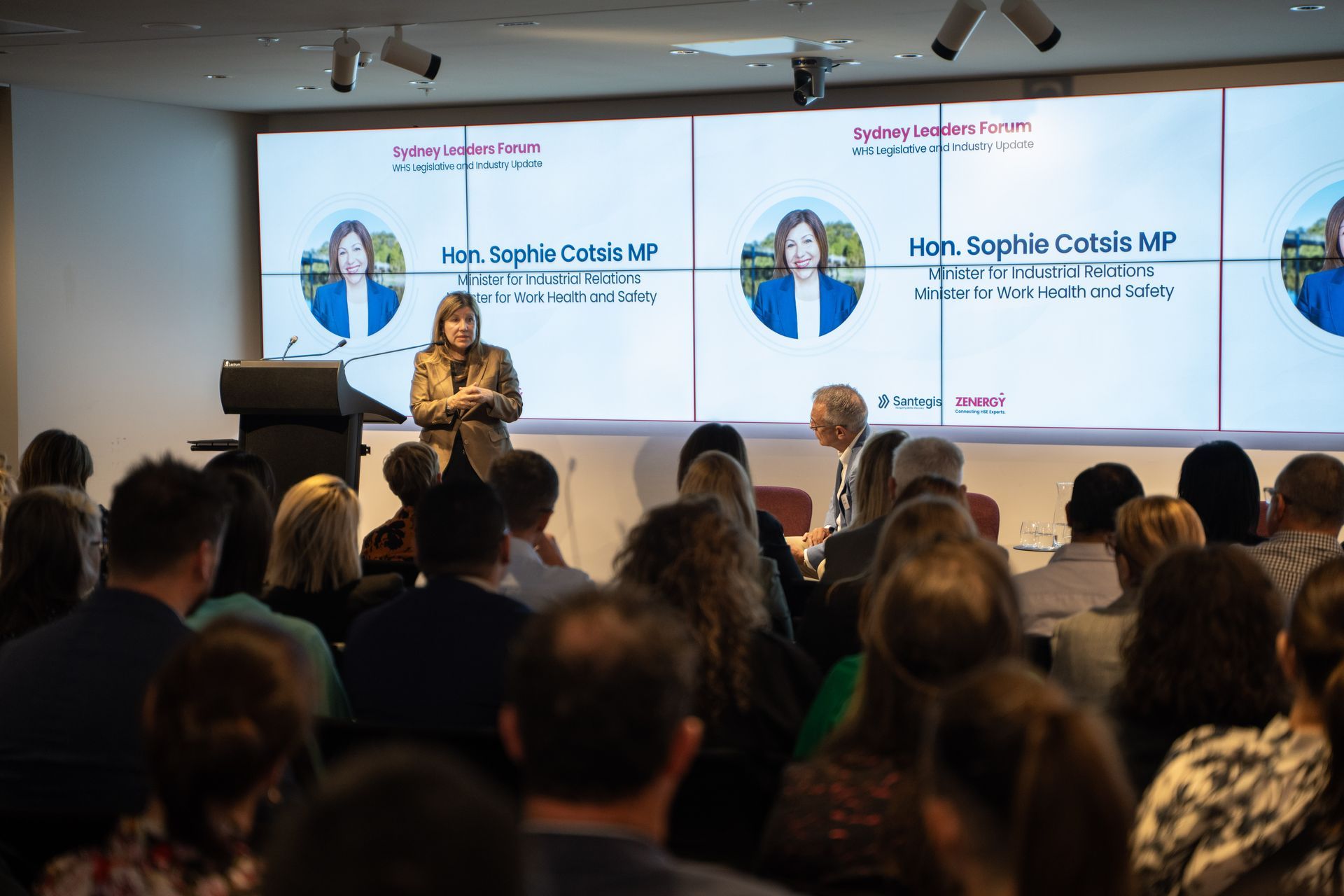Compo claim for driveway injury must be accepted
The worker was employed by a state utility as powerline worker. Based at Port Pirie, his job involved both office and field-based tasks. He was required to be on a one-in-four week standby roster to attend call-out work outside of normal hours, and was provided with a work vehicle to be housed at his property.
On the afternoon of 6 September 2019, he received a text message requesting him to attend a job at Jamestown along with other workers on the standby crew.
Case Update
A tribunal has found that compensation must be paid for an injury sustained by a worker in the driveway of his own home, because the journey he was about to undertake had a real and substantial connection with his employment. The case gave rise to a consideration of whether South Australia’s current workers comp legislation imposes a more or less stringent requirement for a connection between the injury and the employment, than the previous workers’ comp Act.
The injury
After changing into his work attire, he got into the vehicle then accidentally dropped his keys, which fell out the driver’s side door and landed on the driveway.
While remaining seated in the driver’s seat, he leaned out the driver’s side door to pick up the keys. Being a four-wheel drive vehicle, however, the driver’s seat was elevated approximately 90cm from the ground, and the reaching action caused him to suffer a strain to his back.
He reported the injury, then sought medical treatment at the local hospital.
As he was incapacitated for work and had incurred medical expenses, he put in a workers comp claim to cover medical costs and provide weekly payments.
His employer rejected the claim, however, on the grounds that the injury did not arise from his employment and his employment was not a significant contributing cause of the injury.
The worker challenged this rejection of his claim, and the case was heard in the South Australian Employment Tribunal.
In the tribunal
The worker maintained that he was injured in the course of carrying out his duties, or at least, in the course of a journey undertaken in order to carry out the duties of employment, so the injury should be compensable under the Return to Work Act 2014 (SA) (the Act).
His employer argued that at the time of the injury, the worker was not carrying out duties of employment but merely undertaking activity preparatory to undertaking duties of employment. The employer’s submission contended that the worker was not in the course of a journey at the relevant time, as he was at his place of residence; alternatively, if he was in the course of a journey, there was no real and substantial connection between the employment and the journey or between the employment and the accident.
In a case previously heard by the tribunal, the deputy president judge had concluded that that a real and substantial connection between the employment and the accident is a prerequisite for compensability.
In this case, the deputy president judge found that he was unable to agree with the conclusion arrived at in the other case. Instead, he found that the present Act requires a real and substantial connection between the employment and the journey being undertaken at the time of the accident out of which the injury arises.
He noted that the change in the wording of the provision between the previous and the current Acts involves a shifting of emphasis from the connection between the accident and the employment to an emphasis on the connection between the journey and the employment.
He therefore ordered that the employer’s decision to reject the worker’s claim must be set aside, and the claim must be accepted.
The bottom line: It remains to be seen whether a connection with the journey rather than with the accident will be considered sufficient to justify compensation in future cases involving journey injuries.
Read the judgment
Thelan v Utilities Management Pty Ltd [2021] SAET 6 (18 January 2021)
Originally posted on http://workplaceohs.com.au






